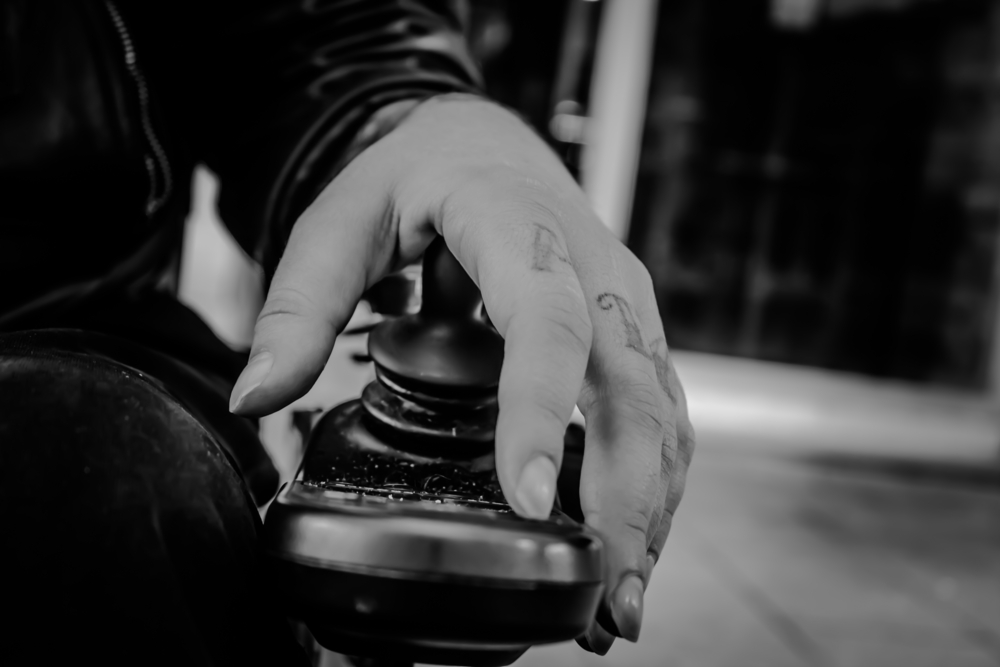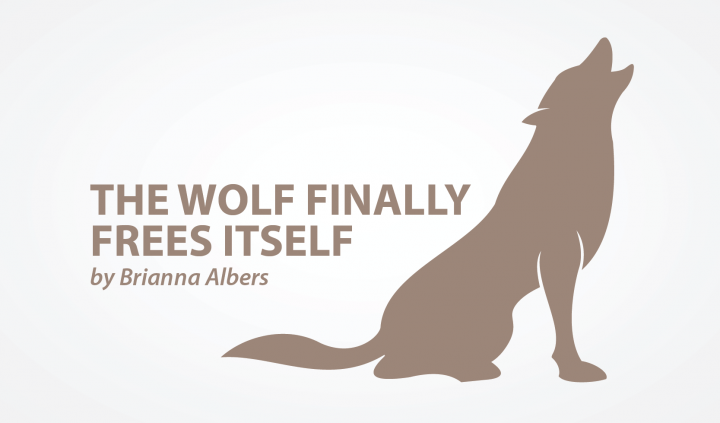In Defense of My Identity as Disabled
Written by |

A majority of my classwork this semester revolves around discussion forums: posting our analyses of different counseling theories and responding to other people’s analyses, among other things. It’s a staple of online education and, after several years of it, I’ve gotten to the point where I can mindlessly complete each assignment in less than an hour. This week, though, a response to one of my posts hit me pretty hard.
I mentioned in the post that I’m in a wheelchair and that I expect many of my clients to be similarly disabled once I open my practice. My disability wasn’t even the focus of the post. I merely used it as a segue into discussing Gestalt therapy, which emphasizes the importance of bodily awareness — an aspect of the theory that dovetails with my own theoretical framework. I was shocked when someone replied to my post with: “I hate the term disability and don’t believe in it.”
I realize that not everyone identifies as disabled. For the longest time, I didn’t either. Identity is such a nebulous, shifting thing, and is notoriously subjective. Not everyone approaches it the same way, and it’s that diversity that draws me to the subject. I feel strongly about it, but at the same time, I have no issues with respecting people’s preferences.
What bothers me the most about this person’s statement is the context surrounding it. It’s her right to hate the term; it’s also her right to not believe in it. It would’ve been an appropriate response if we’d been discussing disability, or if I hadn’t identified as disabled in my post. The fact of the matter, however, is that I did, so I can’t help but feel as if she is invalidating not only my identity but also my existence in saying what she did. At this point in my life, they’re inextricable from one another: I am disabled, whether I like it or not.
I also realize that the woman probably had good intentions. It’s not the first time that someone has told me, in one way or another, that they don’t “see disability” because, in their eyes, we are all equal. I’ve been trying for days now not to take it personally. After years of this — years of people trying to tell me how to identify; trying to dictate how I should see myself, and through what lens — I have learned to protect myself and my right to struggle with identities and identifiers. But there’s something about this in particular, maybe because so many of my textbooks this semester have emphasized the importance of understanding a person’s phenomenological, or subjective, world. Stripping me of my disability is akin to stripping me … of me.
Disability isn’t some great and wonderful thing. I don’t pretend it is, nor do I pretend it’s something I’m eager to accept as my reality. But it is the only way I’m able to make sense of my reality. Without it, how do I explain the weakness of my body? How do I explain its fragility, its deformity, its ever-shrinking reservoir of energy? How do I explain my childhood, with the hospitalizations and life-threatening operations? How do I explain my social life, or lack thereof? The strangers who stare at me in the checkout line at Target. The classmate who once asked me if it was physically possible for me to have sex. The boy who, after finding out I was in a wheelchair, told me he could not date me in case I was to die. I have never known what it feels like to be normal, and without the explanation that is disability — the explanation, even if it is not one I necessarily understand — I don’t see how I could possibly get up tomorrow morning and face the day.
Maybe this woman has a reason for feeling the way she does. Maybe she is, for lack of a better term, also disabled, and thus has also struggled with whether to embrace the identifier. Regardless, I refuse to let my identity be taken from me. It is something I have fought for, and it is something that gives meaning to my life. I am disabled, and will not claim otherwise.
***
Note: SMA News Today is strictly a news and information website about the disease. It does not provide medical advice, diagnosis, or treatment. This content is not intended to be a substitute for professional medical advice, diagnosis, or treatment. Always seek the advice of your physician or other qualified health provider with any questions you may have regarding a medical condition. Never disregard professional medical advice or delay in seeking it because of something you have read on this website. The opinions expressed in this column are not those of SMA News Today or its parent company, Bionews Services, and are intended to spark discussion about issues pertaining to spinal muscular atrophy.





Leave a comment
Fill in the required fields to post. Your email address will not be published.